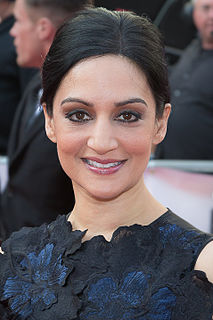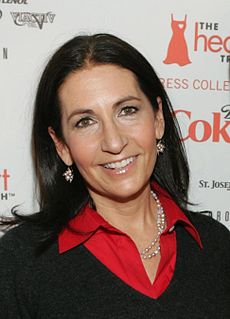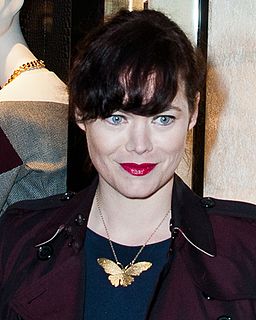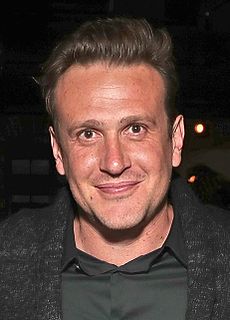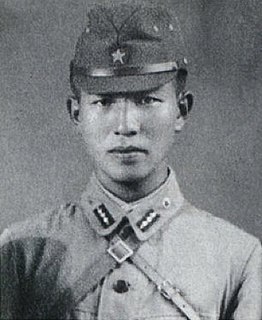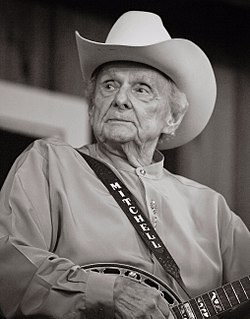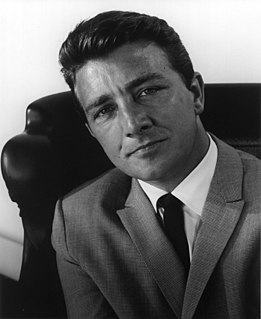A Quote by Hirokazu Kore-eda
My mother was really against it when I said I wanted to make films. She said that I should be a civil servant because that was safe, and it had security. But my mother was always very proud of my movies and would give videocassettes of them to all the neighbours.
Related Quotes
Sometimes we adopt certain beliefs when we're children and use them automatically when we become adults, without ever checking them out against reality. This brings to mind the story of the woman who always cut off the end of the turkey when she put it in the oven. Her daughter asked her why, and her mother responded, "I don't know. My mother always did it." Then she went and asked her mother, who said, "I don't know. My mother always did it." The she went and asked her grandmother, who said, "The oven wasn't big enough."
I'm very glad my mother didn't let me quit piano lessons at age 10. She said I wasn't old enough or good enough to make that decision, and she was right. I remember at the time I was shocked. I did not like that my mother said those things to me. But when I got a chance to play with Yo-Yo Ma or more recently with Aretha Franklin, I thought, I'm really glad she said what she did.
As a child, Kate hat once asked her mother how she would know she was in love. Her mother had said she would know she was in love when she would be willing to give up chocolate forever to be with that person for even an hour. Kate, a dedicated and hopeless chocoholic, had decided right then that she would never fall in love. She had been sure that no male was worth such privation.
[ Rajiv Gandhi] was very reflective and rueful and regretful about the fact that his children's education...He wanted them to get educated outside of India, but he said to me the only place that he found where they would be safe was in Russia, and he didn't really want them to be educated there! So, I said, "Well, send them to Australia. I'll look after them." And my security bloke went absolutely bloody bananas, and I said, "We'll look after them." But, in the end, he didn't send them.
I think my mother became the muse because she had everything when she was in Hollywood: she had the marriage, the success, the money, all the films she wanted to do and yet even her, she had a longing and wanted to work with a film that had meaning, something more profound. And I think that was very touching to father.
The Olinka girls do not believe girls should be educated. When I asked a mother why she thought this, she said: A girl is nothing to herself; only to her husband can she become something. What can she become? I asked. Why, she said, the mother of his children. But I am not the mother of anybody's children, I said, and I am something.
My first banjo? My mother's sister, my aunt, lived about a mile from where we did, and she raised some hogs. And she had - her - the hog - the mother - they called the mother a sow - of a hog. And she had some pigs. Well, the pigs were real pretty, and I was going to high school and I was taking agriculture in school. And I sort of got a notion that I'd like to do that, raise some hogs. And so my aunt had this old banjo, and my mother told me, said, which do you want, the pig or a banjo? And each one of them's $5 each. I said, I'll just take the banjo.
And I asked my mother about it; I said, 'Is there something wrong?' She said, 'God... God makes people. You understand that, don't you?' And I said, 'Yeah!' She said, 'Who makes a rainbow?" I said, 'God.' She said, 'I never presumed to tell anyone who could make a rainbow what color to make children.'

